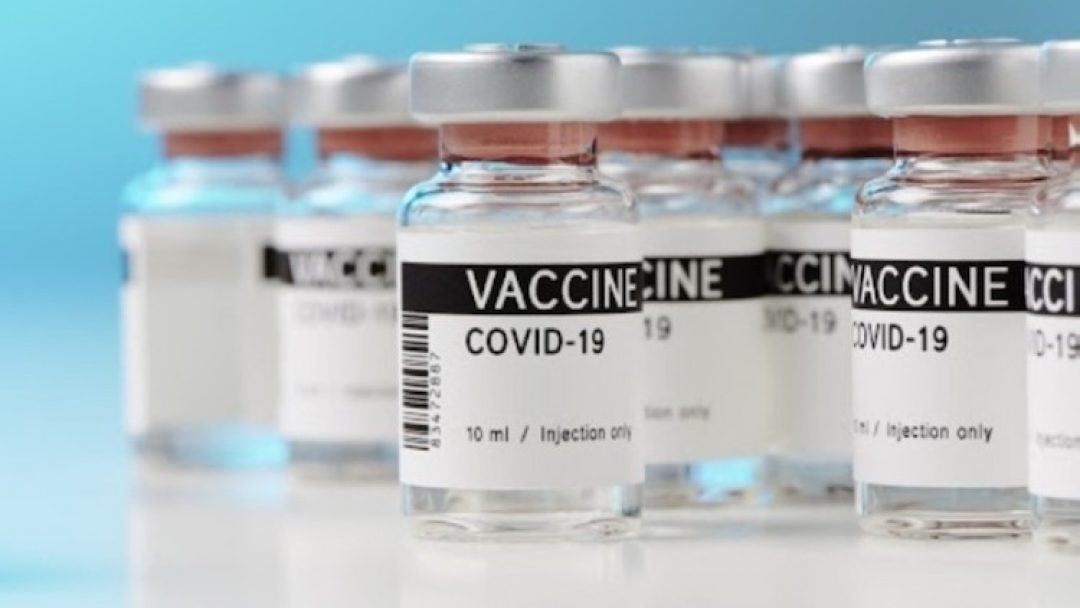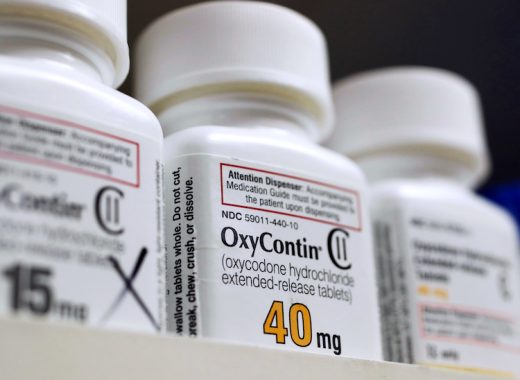On Wednesday, the nation’s top infectious diseases expert and Pfizer’s CEO said that fully vaccinated people will likely need a COVID-19 booster shot within about a year.
“We know that the vaccine durability of the efficacy lasts at least six months, and likely considerably more, but I think we will almost certainly require a booster sometime within a year or so after getting the primary,” Dr. Anthony Fauci recently told CNN.
Fauci also said Wednesday that variant-specific booster shots may not be needed.
“Instead of having to play whack-a-mole with each individual variant and develop a booster that’s variant-specific, it is likely that you could just keep boosting against the wild type, and wind up getting a good enough response that you wouldn’t have to worry about the variants,” he said. The wild type is the original strain of the virus.
CEO Albert Bourla said that trials of a Pfizer booster vaccine are ongoing.
“I believe in one, two months we will have enough data to speak about it with much higher scientific certainty,” he told CNN.
“If they got their second shot eight months ago, they may need a third one,” Bourla said. Booster shots could become available between September and October of this year.
Pfizer is waiting on what the U.S. Food and Drug Administration recommends and approves, and what will be the best way to protect the American people moving forward.
In the meantime, Moderna has been working on a booster shot, which is a half dose of its vaccine and will include a formula to fight COVID-19 variants like B.1.351, first seen in South Africa, and P.1, first discovered in Brazil.
Medical experts believe coronavirus may be similar to the flu, which requires a new shot every year because the circulating strains mutate quickly and because immunity can wear off quickly.
Fully Vaccinated Welcomed to Travel to Europe
Officials announced on Wednesday that fully vaccinated travelers will soon be welcome to visit countries in the European Union.
The New York Times reported the travel restrictions could be lifted and new measures for tourists and travelers could take effect as early as next week.
Visitors will be allowed in if they have been fully immunized with vaccines approved by the European Union’s regulator or the World Health Organization. Those vaccines include the Pfizer-BioNTech, Moderna, Johnson & Johnson, AstraZeneca and Sinopharm vaccines.
Visitors from countries considered safe from a COVID-19 perspective will also be allowed to visit Europe. A list of those countries are expected to be be finalized on Friday.
EU member states will still require a negative PCR tests or quarantines for certain visitors.
It is estimated that 11 billion doses are needed to vaccinate 70 percent of the world’s population, according to Duke University researchers. Currently approximately 1.7 billion have been produced so far, the analytics firm Airfinity estimated.
In the United States, the Biden administration has reported there will be enough vaccine supply for every American adult by the end of this month. As of Wednesday, 125.4 million Americans were fully vaccinated and over 56 percent of adults had received at least one dose, according to the U.S. Centers for Disease Control and Prevention.
As of Thursday, the U.S. coronavirus case count passed 33 million, while the death toll neared 588,000, according to a tally from Johns Hopkins University. Worldwide, nearly 164.9 million cases had been reported by Wednesday, with nearly 3.4 million people dead from COVID-19.








